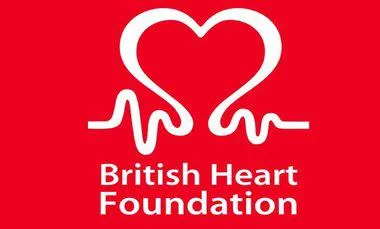Although recent years have seen a revolution in the prevention and treatment of heart attack and stroke, these remain the biggest causes of death and disability worldwide. They are caused by a process known as atherosclerosis, which involves progressive narrowing – and eventually complete blockage – of arteries supplying blood to the heart and brain. It has long been known that accumulation of cholesterol in the blood vessel wall is a major factor in this disease, and drugs such as statins which lower blood cholesterol have revolutionised the treatment of cardiovascular disease. Nonetheless, despite the success of such treatments, heart attack and stroke continue to exert a huge health and economic burden, and recent evidence suggests that this residual risk is likely explained in large part by inflammation within the arterial wall. Our group’s research is focussed on how platelets and leukocytes (white blood cells), circulating blood cells which are normally involved in clotting and fighting off infection respectively, are involved in the initiation and progression of atherosclerosis through promoting inflammation. A better understanding of how atherosclerosis develops, including the role of inflammation in this, will allow new treatments to be developed, and this is the ultimate goal of our research.
Our Partners
Our research is funded by the British Heart Foundation, Kuwait University and AstraZeneca plc.

British Heart Foundation

AstraZeneca

Kuwait University

